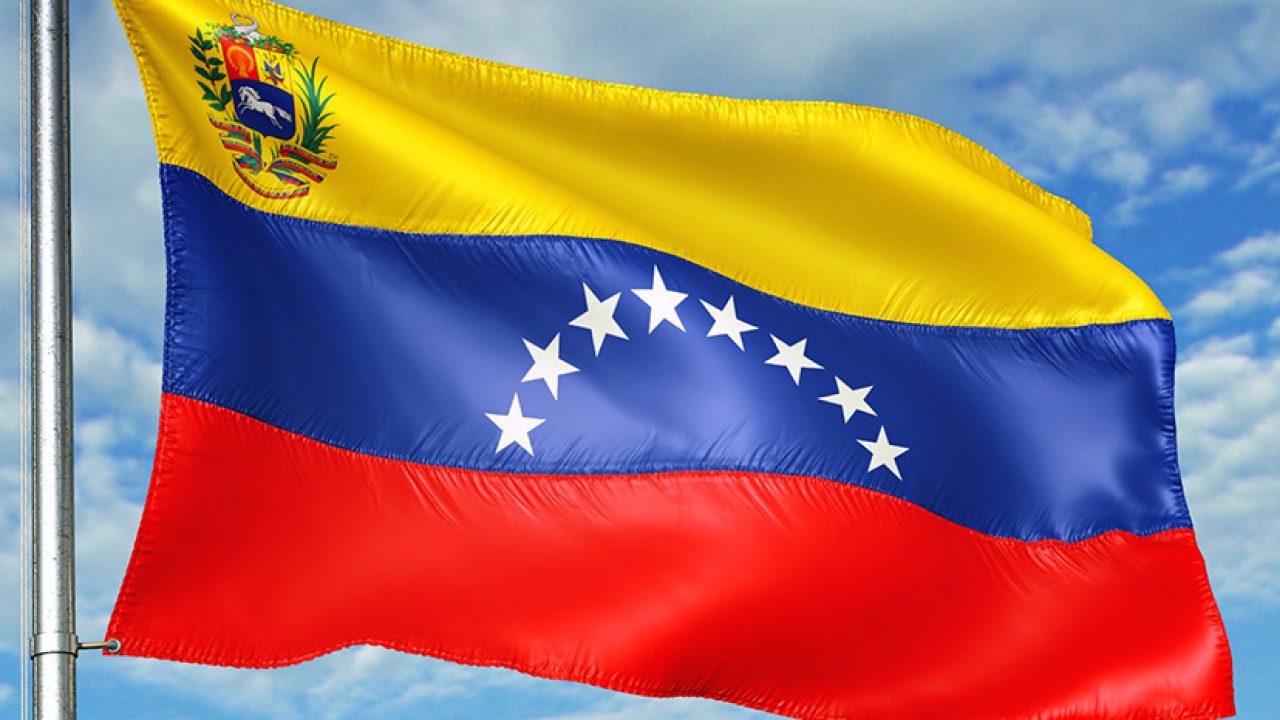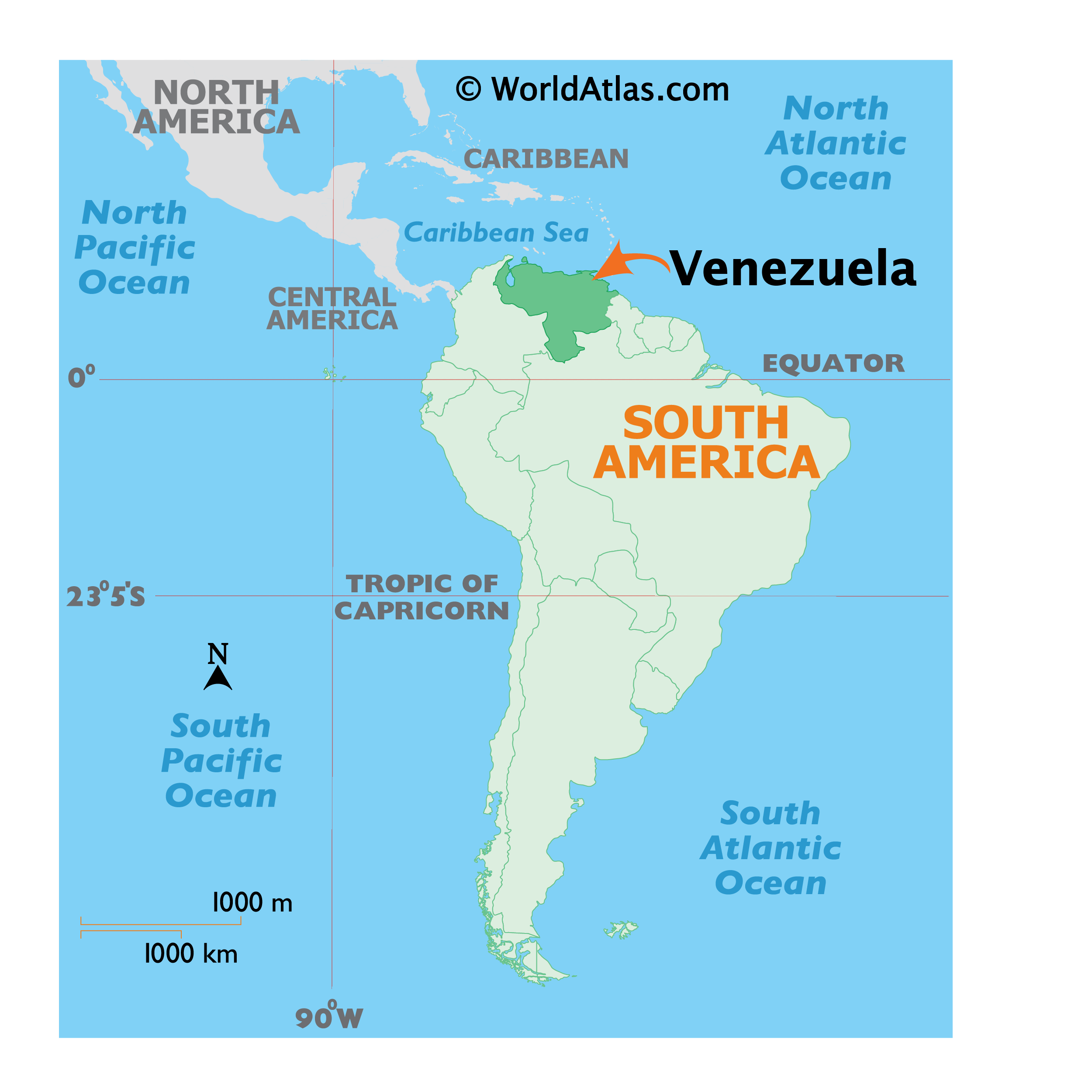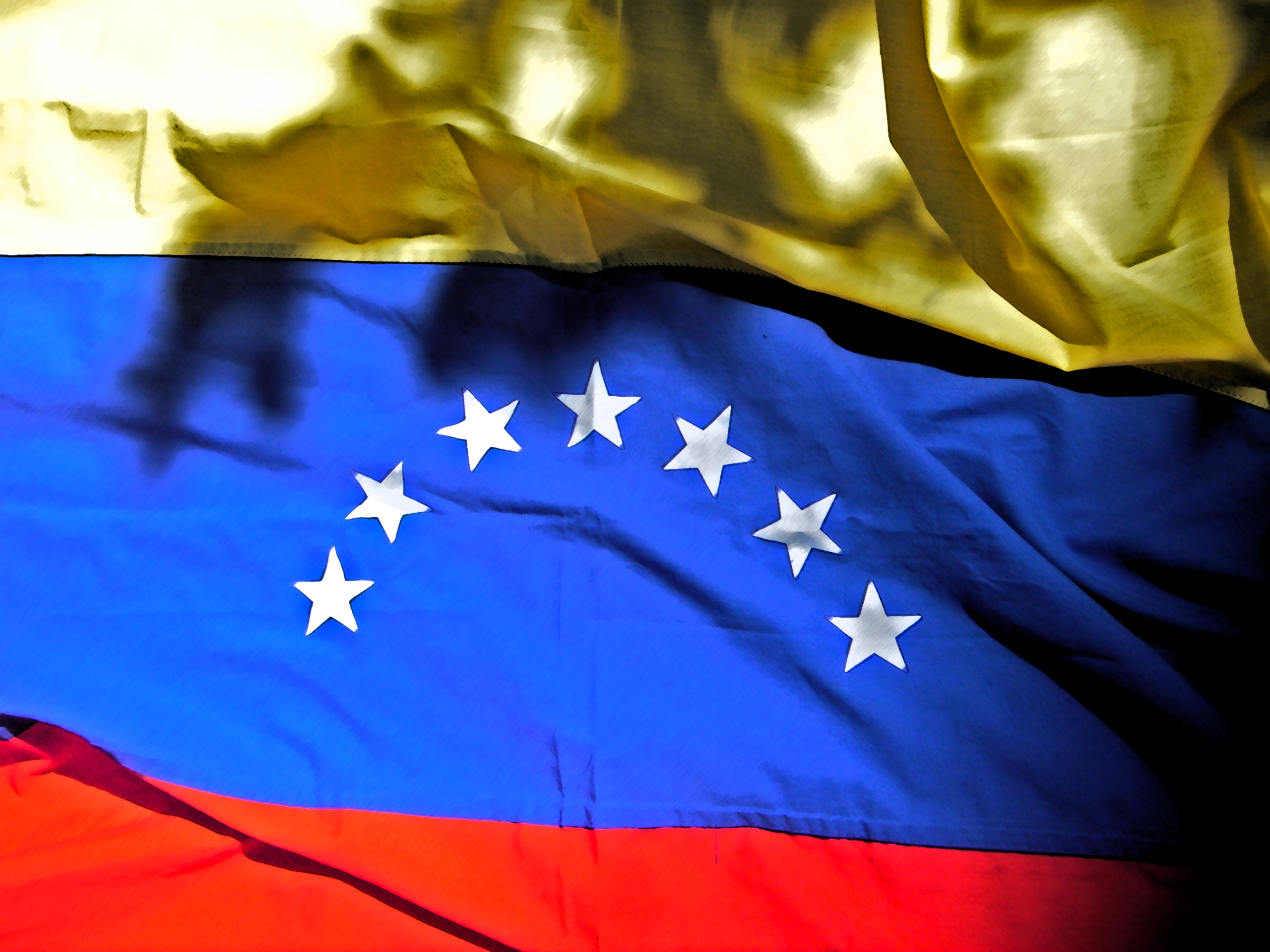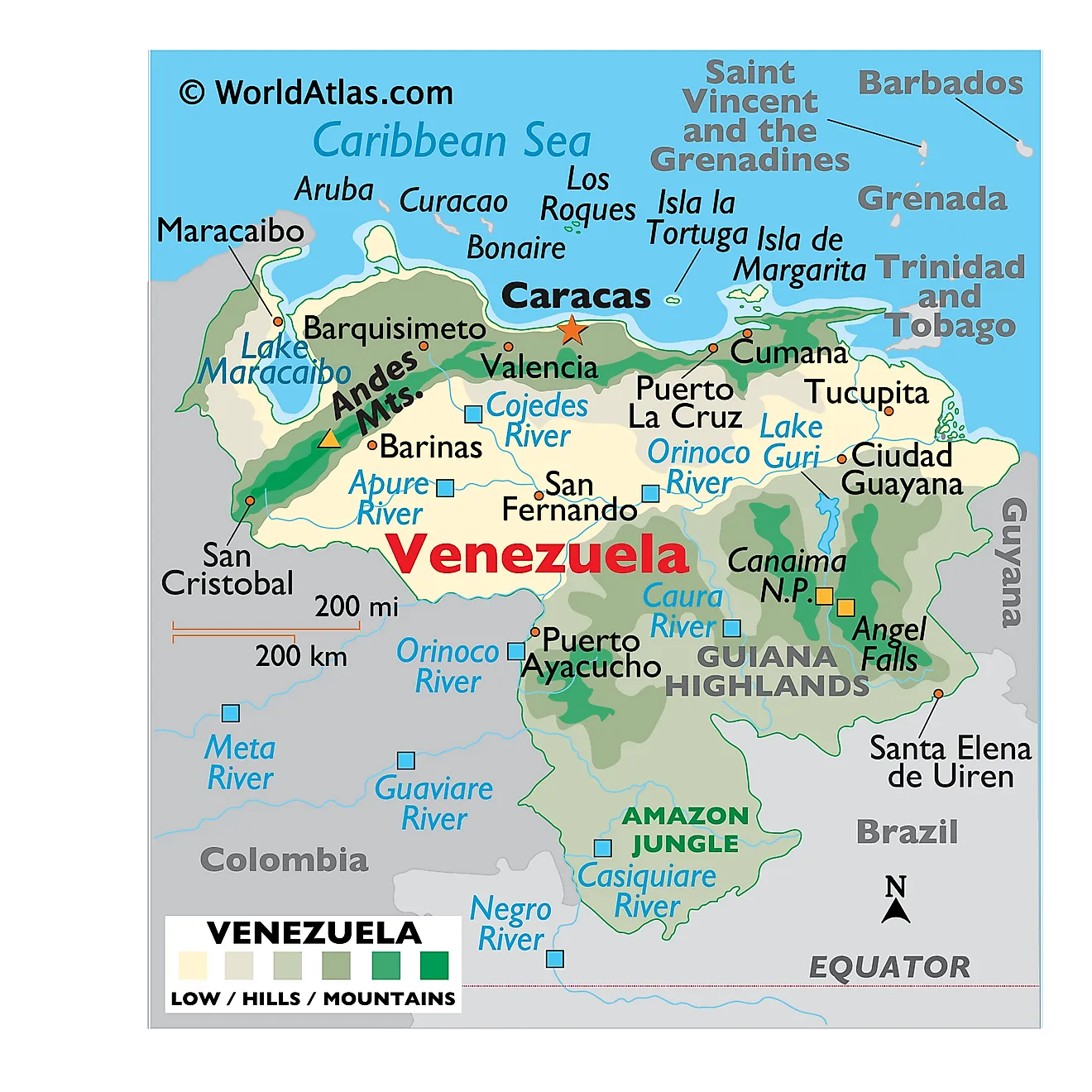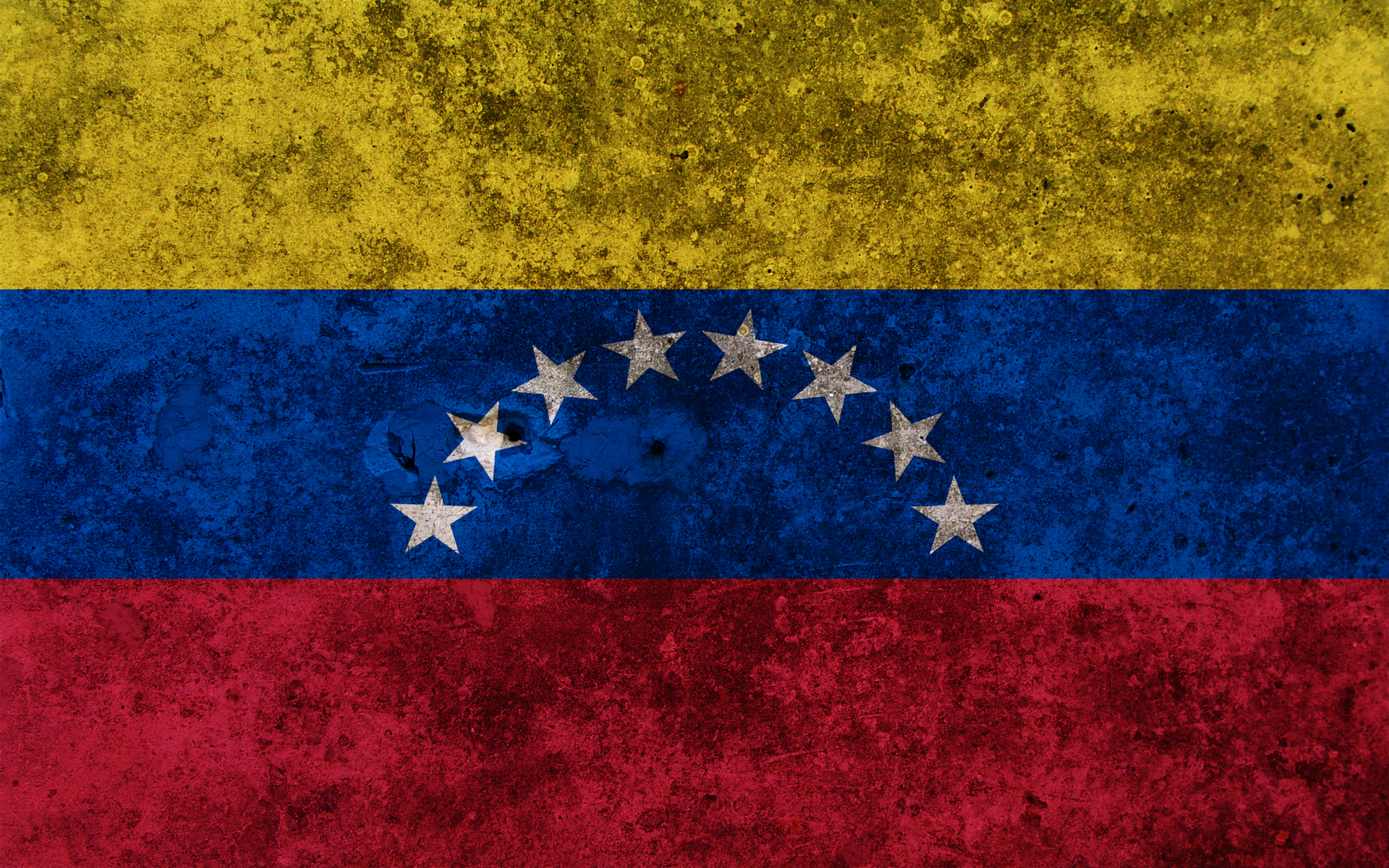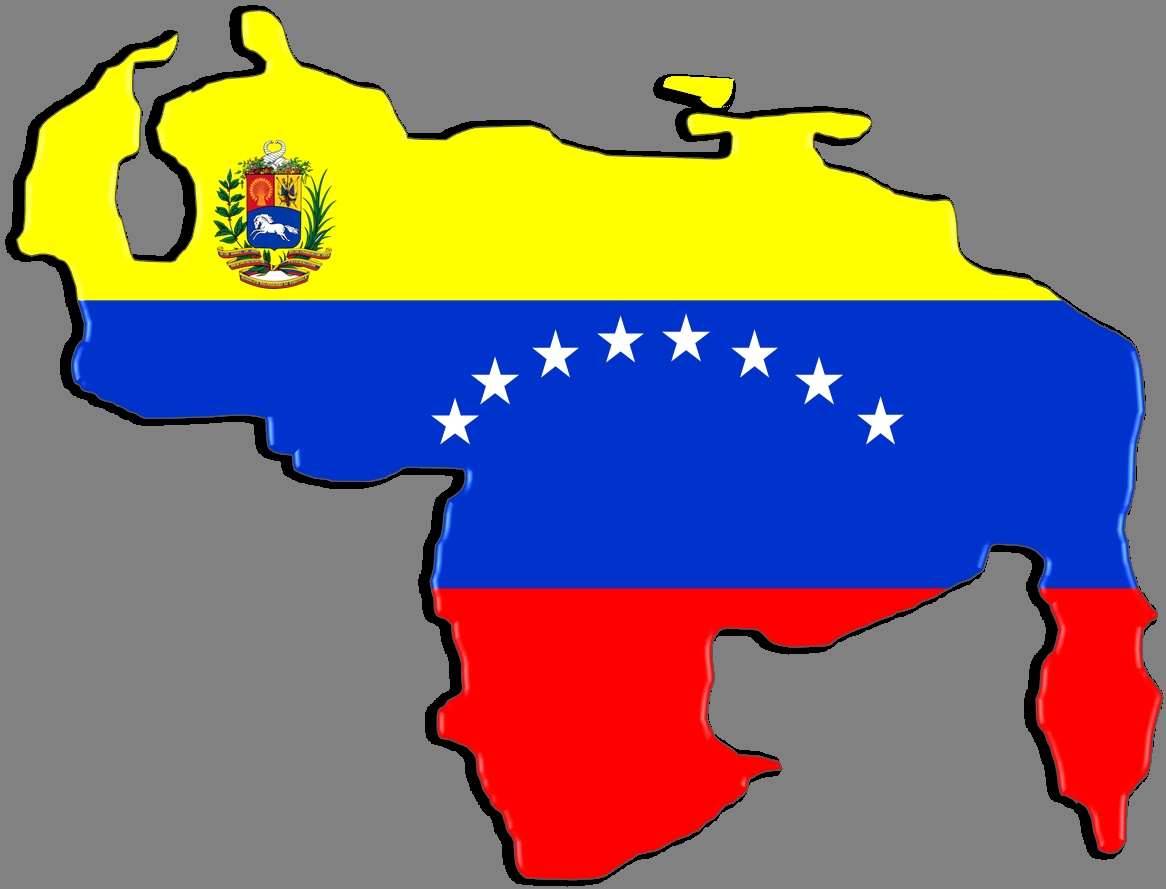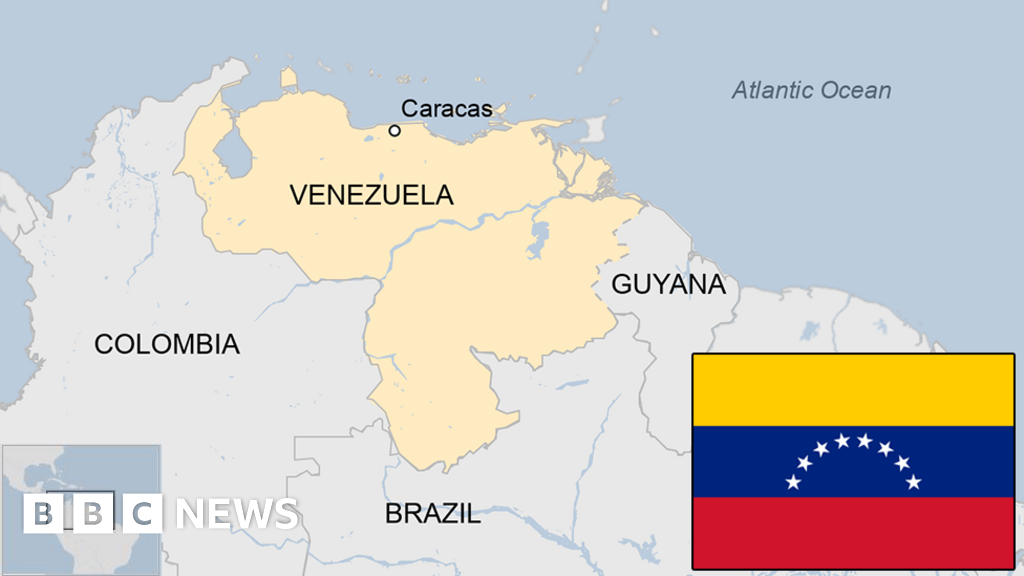Venezuela on the Brink: A Nation Divided in the Face of Authoritarianism
Venezuela, a country beset by turmoil and division, is reeling in the aftermath of a disputed presidential election. The ruling incumbent, Nicolas Maduro, has been declared the winner by the government, but opposition candidate Edmundo González has cried foul, claiming he was robbed of victory. The international community is watching with bated breath as the situation in Venezuela continues to deteriorate, with widespread protests and human rights abuses becoming increasingly commonplace.
Historically, Venezuela was one of three countries to emerge from the collapse of Gran Colombia in 1830, alongside Ecuador and New Granada (Colombia). For much of the 20th century, the country was ruled by a succession of military strongmen who promoted the oil industry while implementing limited social reforms. However, the current crisis has its roots in the 1998 election of Hugo Chávez, whose movement promising power to the people ultimately devolved into authoritarianism. After Chávez's death in 2013, Maduro took the reins, and his tenure has been marked by increasing repression and economic mismanagement.
The presidential election that took place in July saw opposition forces coalesce around González, a little-known politician who mounted a surprisingly robust challenge to Maduro's authority. González claimed victory in the aftermath of the election, citing widespread irregularities and censorship, but the official result gave Maduro a comfortable margin. The opposition's reaction was swift, with mass protests breaking out across the country. However, these were met with brutal force by the security forces, leading to widespread human rights abuses and scores of fatalities.
Following the unrest, the United States and several regional countries have called on Maduro to respect the democratic process and guarantee the safety of protesters. However, Maduro has remained defiant, instead opting to tighten his grip on power and ramp up his authoritarian tactics. This includes using technology to repress dissent and target critics, with human rights groups warning of a "technological authoritarianism" taking hold in the country.
Furthermore, Maduro's regime has been accused of embarking on a concerted campaign to discredit the opposition and disqualify them from participating in the democratic process. This has seen scores of Venezuelans detained for alleged ties to the opposition or simply for expressing dissenting views on social media. In this climate of fear and repression, many are beginning to speak out against the government, despite the risks.
The Opposition's Resolve
Despite the danger, opposition forces continue to mobilize against the Maduro regime. This has seen increasingly large protests take place across Venezuela, with thousands of Venezuelans taking to the streets to demand change. While these protests have often been violent and confrontational, the opposition is resolved to continue fighting for democracy and human rights.
A Crisis of Legitimacy
The aftermath of the disputed presidential election has created a constitutional crisis in Venezuela, with opposition forces refusing to recognize the legitimacy of the Maduro regime. This has led to a constitutional standstill, with key institutions such as the National Electoral Council and the Supreme Court accused of serving the interests of the ruling party. As tensions continue to build, many are asking whether Venezuela is facing an endgame for democracy.
Looking to the Future
As Venezuela teeters on the abyss, international attention is focusing on finding a peaceful resolution to the crisis. Diplomatic efforts are underway to secure a way out of the current impasse, with several key actors, including the European Union, urging restraint and caution. As this article goes to press, tensions in Venezuela continue to simmer, but for those living through this tumultuous period, hope remains that a solution will be found to Venezuela's multifaceted crisis.
#Politics


/GettyImages-501861673-03562637fcef434eb02e677cd87c8a17.jpg)

.png)




